Common Financial Mistakes Made by Real Estate Investors in the UAE
The UAE’s real estate market is a dream market for investors worldwide. Dubai is the central hub for tourists, investors, and celebrities. Hundreds of celebrities from all over the world purchase and rent apartments and flats in Dubai and real estate investors put their money into it.
The UAE has the advantage of the diversity and richness of the 7 emirates. Having said all this, there lies a web of financial pitfalls and mistakes that real estate owners and investors make. Real estate accounting in the UAE is a tedious task. Making mistakes in accounting and bookkeeping can become very costly. It can destroy all your profits and long-term financial goals.
This blog explains the most common financial mistakes real estate investors make in the UAE and how to avoid them.
The UAE Real Estate Market Potential
As we said, the real estate market in the UAE is dynamic and has significant investment potential. The country is known for its luxurious properties, world-class infrastructure, and business-friendly environment. Over the years, property values have steadily increased as more tourists, IT industries, and other large-scale tourism activities have begun to emerge.
Dubai, in particular, has emerged as a global real estate hub, attracting investors with its iconic skyline and thriving economy. The emirate’s mega-projects like Expo 2020 and its efforts to diversify its economy further assured the hype of the real estate market.
However, the market has its challenges. Fluctuating oil prices, global economic conditions, and government policies can impact property values and rental yields. This underscores the importance of sound financial management for real estate investors.
With a population of over 9 million and a growing expatriate community, the demand for residential and commercial properties remains robust. The UAE’s strategic location as a global business hub continues to drive demand for office and retail spaces.
This dynamic market presents a multitude of opportunities for savvy investors. From residential properties to commercial real estate, there’s a niche for every investor. However, a deep understanding of the market and expert financial guidance are essential to maximize returns and mitigate risks.
Top financial mistakes of real estate accounting
1. Underestimating the True Cost of Ownership
Real estate isn’t just about the purchase price. A plethora of hidden costs can quickly erode your profit margins. The expenses can pile up from property taxes, insurance premiums, and maintenance fees to legal and agency commissions.
Key Takeaway: Conduct a thorough cost analysis before investing in real estate. Consider the purchase prices and ongoing expenses to get a realistic picture of your investment’s profitability.
2. Ignoring Cash Flow
Cash flow is the lifeblood of any investment, and real estate is no exception. Rental income might look promising, but unexpected expenses like tenant turnover, property repairs, and vacancy periods can disrupt your cash flow.
Key Takeaway: Create a detailed cash flow projection, considering rental income, vacancy periods, maintenance costs, and debt servicing. Build an emergency fund to cushion against unexpected expenses.
3. Neglecting Tax Implications
While the UAE’s tax landscape is relatively straightforward compared to other countries, it still presents complexities for real estate investors. Overlooking tax implications can lead to hefty penalties and eroded returns.
Key Takeaway: Consult with a tax professional to understand your obligations. Be aware of VAT implications, corporate tax (if applicable), and property transfer fees. Maintain meticulous records for tax purposes.
4. Overleveraging
Leverage can amplify returns, but it’s also a double-edged sword. Excessive borrowing to finance real estate investments can leave you vulnerable to interest rate fluctuations and economic downturns.
Key Takeaway: Strive for a healthy debt-to-equity ratio. Understand your borrowing capacity and avoid overstretching your finances. Diversify your investments to spread risk.
5. Lack of Diversification
While a successful property can yield substantial returns, relying solely on one investment is risky. Diversification across property types (residential, commercial, industrial), locations, and even asset classes can help mitigate risks.
Key Takeaway: Build a diversified real estate portfolio to spread risk and enhance returns. Consider investing in REITs or real estate crowdfunding platforms for additional diversification.
To sort out all these issues and steer growth and success in your real estate business, it is best that you get help from a local accounting company in the UAE.
PROFITZ ADVISORY: Your Trusted Real Estate Accounting Company
Avoiding these common financial mistakes requires careful planning and expert guidance. PROFITZ ADVISORY, a leading accounting and advisory firm in the UAE, offers comprehensive financial solutions tailored to the needs of real estate investors. Our services include:
- In-depth financial analysis and reporting
- Tax planning and compliance
- Cash flow management and forecasting
- Property valuation and depreciation
- Risk assessment and mitigation
Let us be your trusted partner in navigating the complexities of real estate investment. Contact us today for a free consultation.








